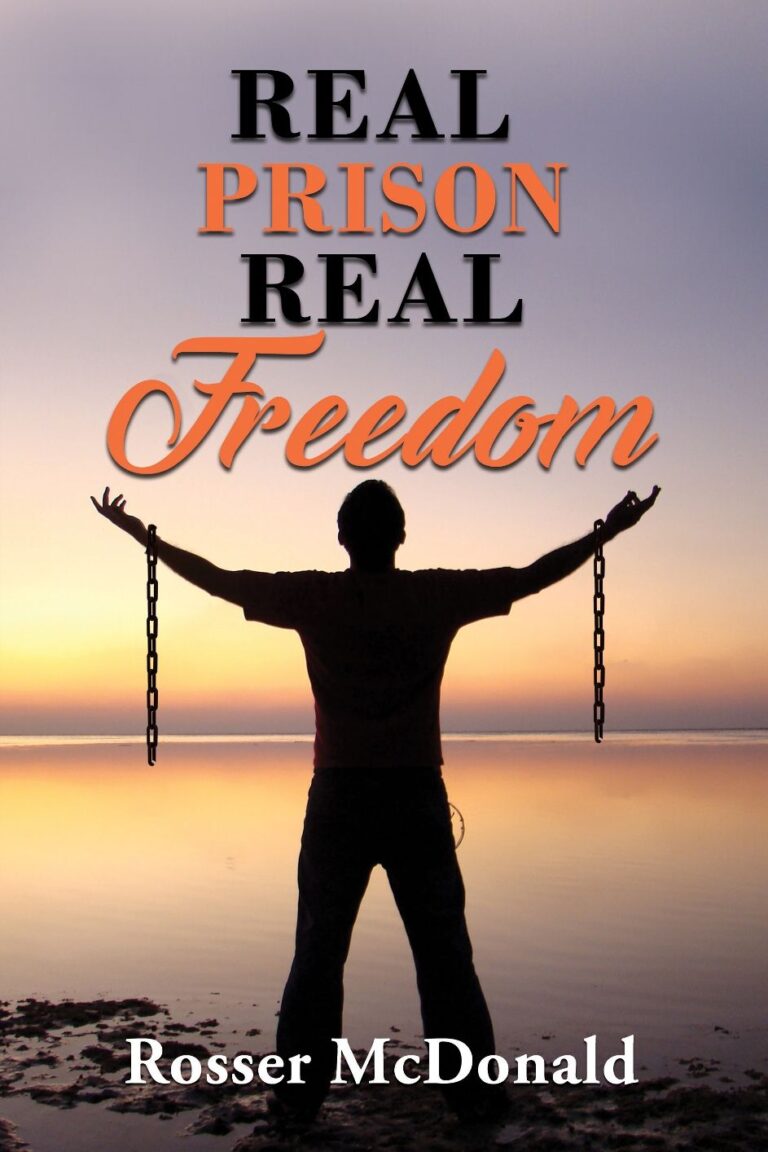Adopted into a dysfunctional family with a quarreling, indulgent mother and an alcoholic, violent father Rickie Smith had a difficult childhood. His dyslexia led him to abandon education as soon as he was able and he began to drift into a life of petty crime. His burglaries soon escalated into drug dealing and extensive drug use which in turn fueled a lifestyle of extreme violence and toxic, abusive relationships. It would come as no surprise to anybody who encountered him that he would end up incarcerated. And, though he would serve his time and be released he wouldn’t stay free for long. With an utter disregard for rules or regulations other than a self-destructive personal code of honor that resulted in acts of retributive violence on anybody he deemed to have crossed him Smith’s brutal life inevitably lead to further sentences. And this time, due to persistent misbehavior and multiple attempts to maim and kill both fellow inmates and prison officers, he wasn’t getting out. With a reputation as one of the most violent criminals in the Texas Department of Corrections, Smith found himself serving three ninety-nine year sentences. The prison doors had slammed shut for good.
In REAL PRISON REAL FREEDOM seasoned journalist Rosser McDonald recounts Smith’s story dispassionately without taking any moral stance. The sometimes staggeringly brutal violent episodes and the shocking, misogynistic attacks Smith unleashes on his unfortunate partners are reported as matters of fact. There is no attempt by McDonald to sympathetically portray Smith as a victim and what he does well is outline the banality of the life of an unrepentant violent criminal and the utter desperation that is the inevitable result. For more than two thirds of the book there is nothing especially remarkable about Smith’s story that is not echoed in a myriad of similar tales of recidivist prisoners who find themselves locked up and abandoned by society. It is a bleak familiar story. Though numerous people had reached out to Smith over the years he had rejected them all and he was particularly antagonistic to those who offered religion as salvation. Eventually Smith’s rage and hopelessness threatened to overwhelm him completely and in his darkest moment an unexpected chink of light appeared. Smith heard Jesus talking to him, offering him a way out of his despair and, surprisingly, Smith found himself talking back. This late conversion is the focus for the final third of the book and traces Smith’s renunciation of his previous life and his embrace of Christianity. There is some attempt by McDonald to discuss the notion of prisoners finding religion as a means to sway parole boards or somehow soften their treatment inside but Smith’s transformation is taken at face value and backed up by those who are now able to interact with him.
Though much of his life has been blighted by pointless violence, Rickie Smith ultimately finds himself with hope at last. REAL PRISON REAL FREEDOM is a bleak and brutal true crime biography elevated by a moment of hope and redemption.
~Kent Lane for IndieReader


